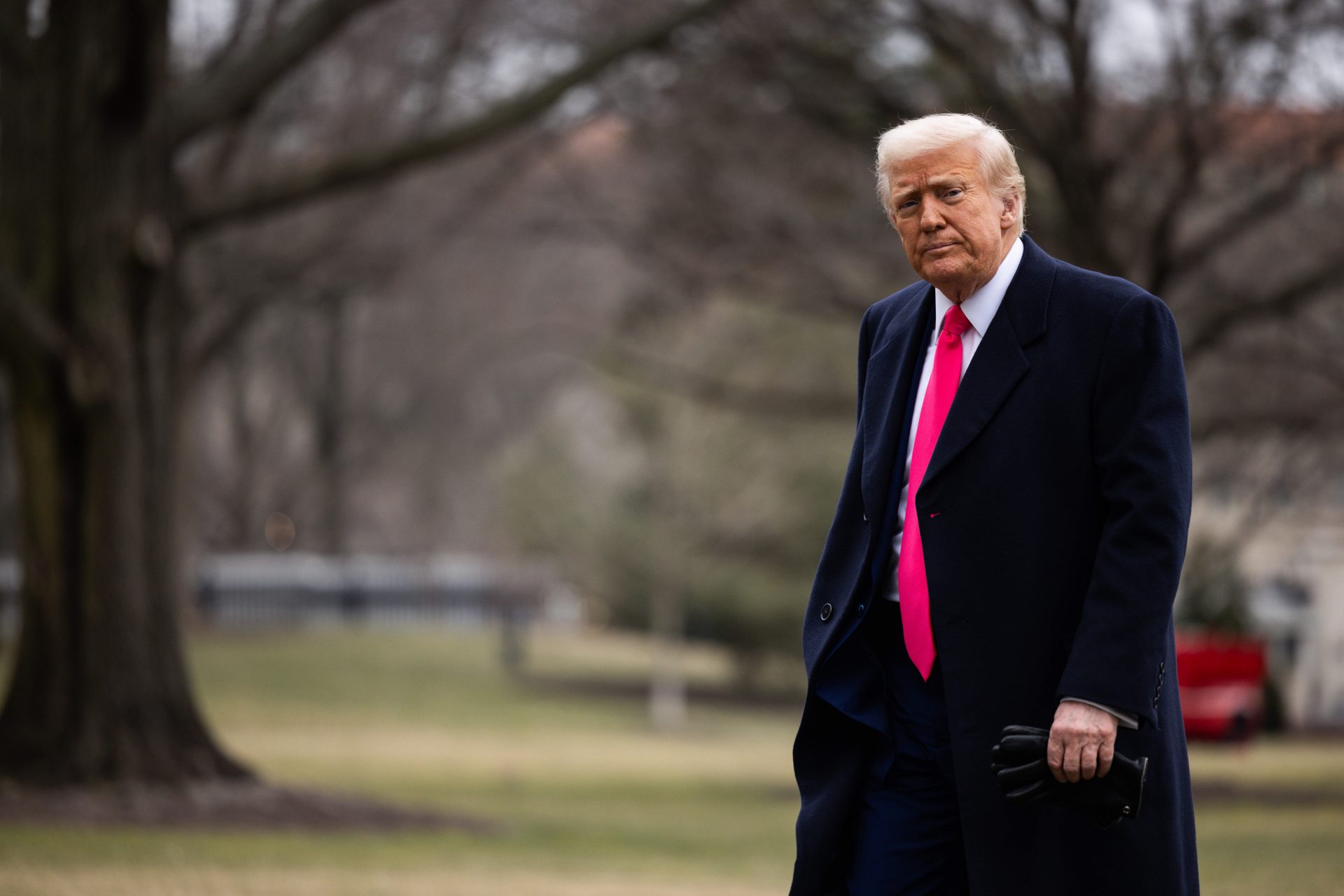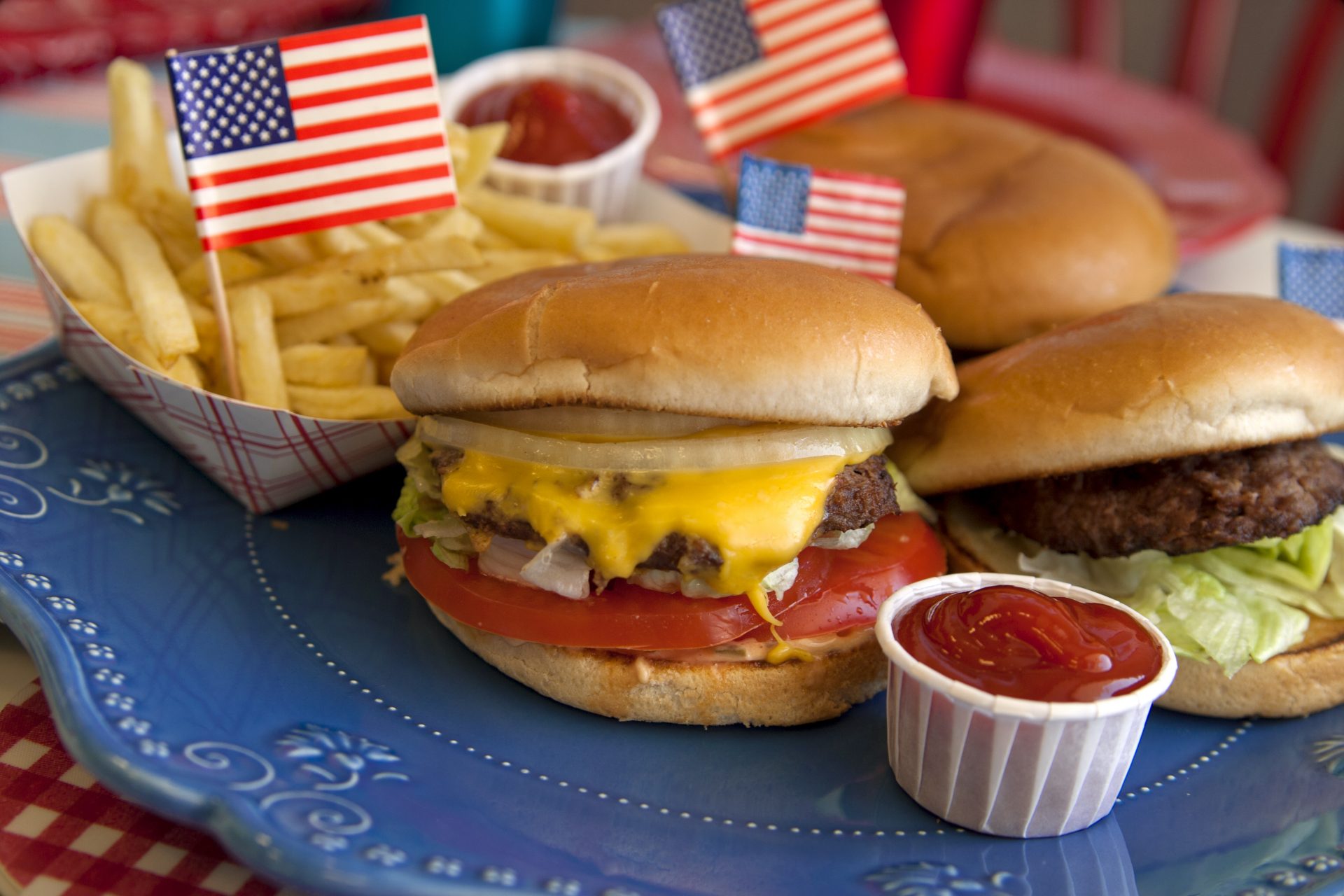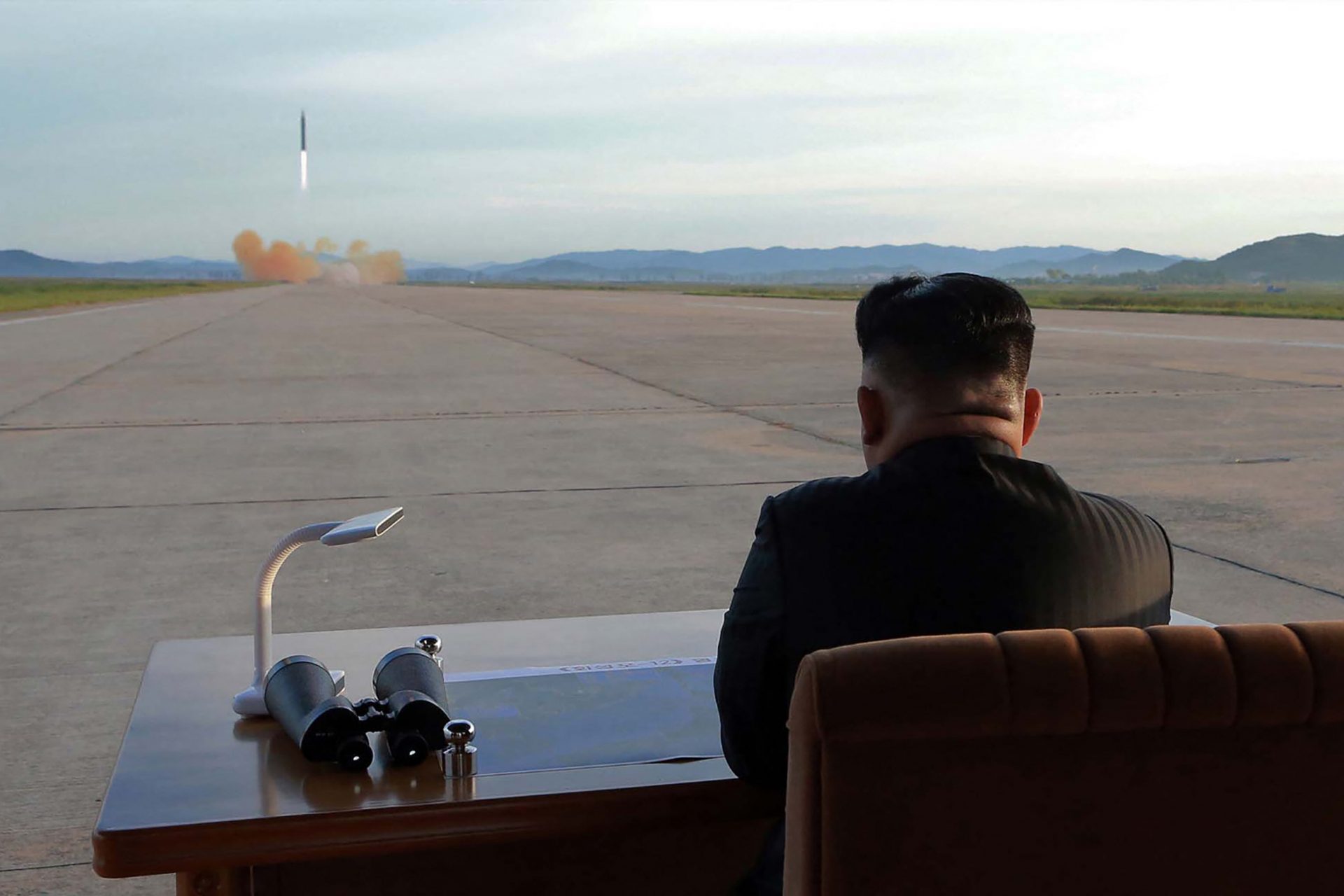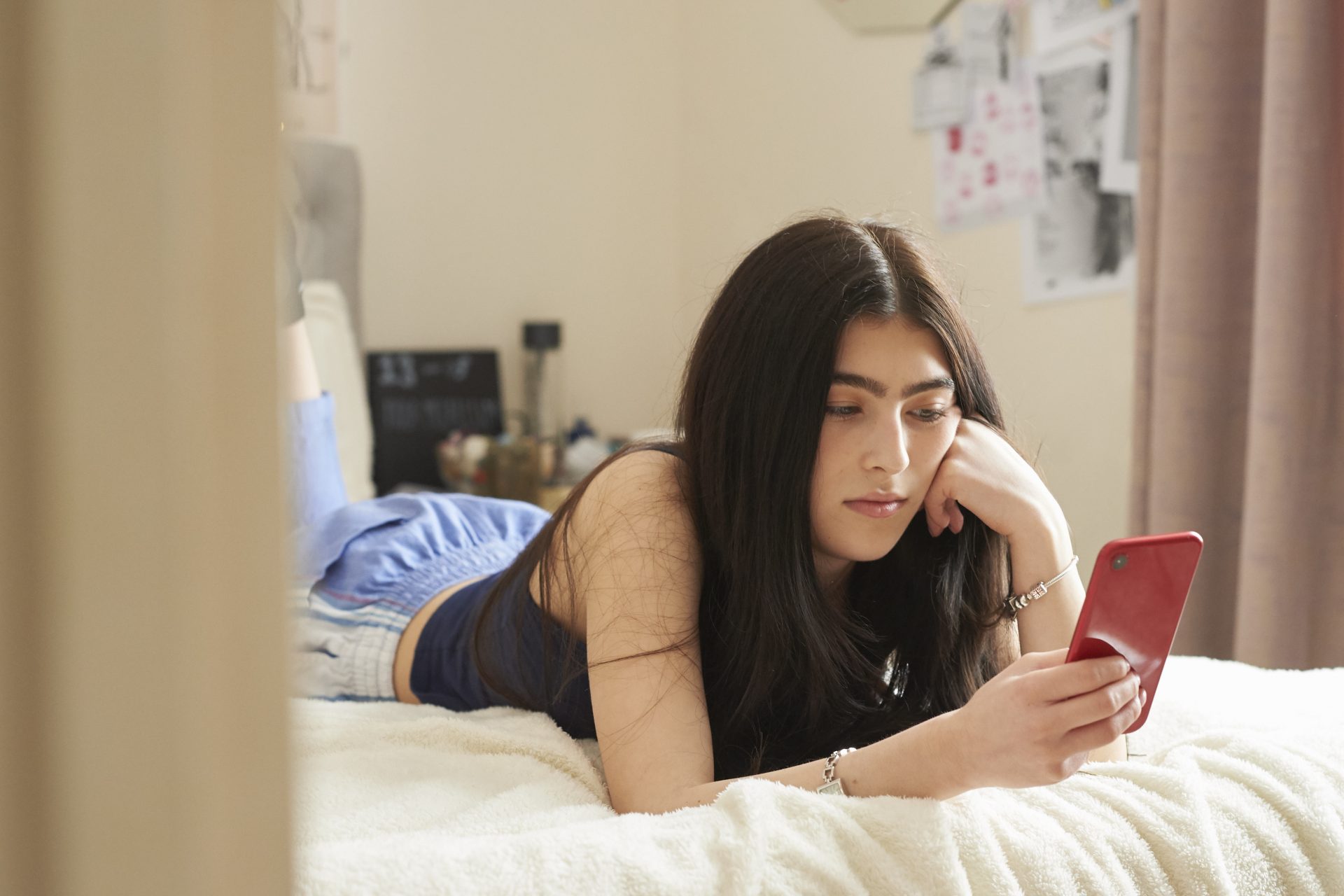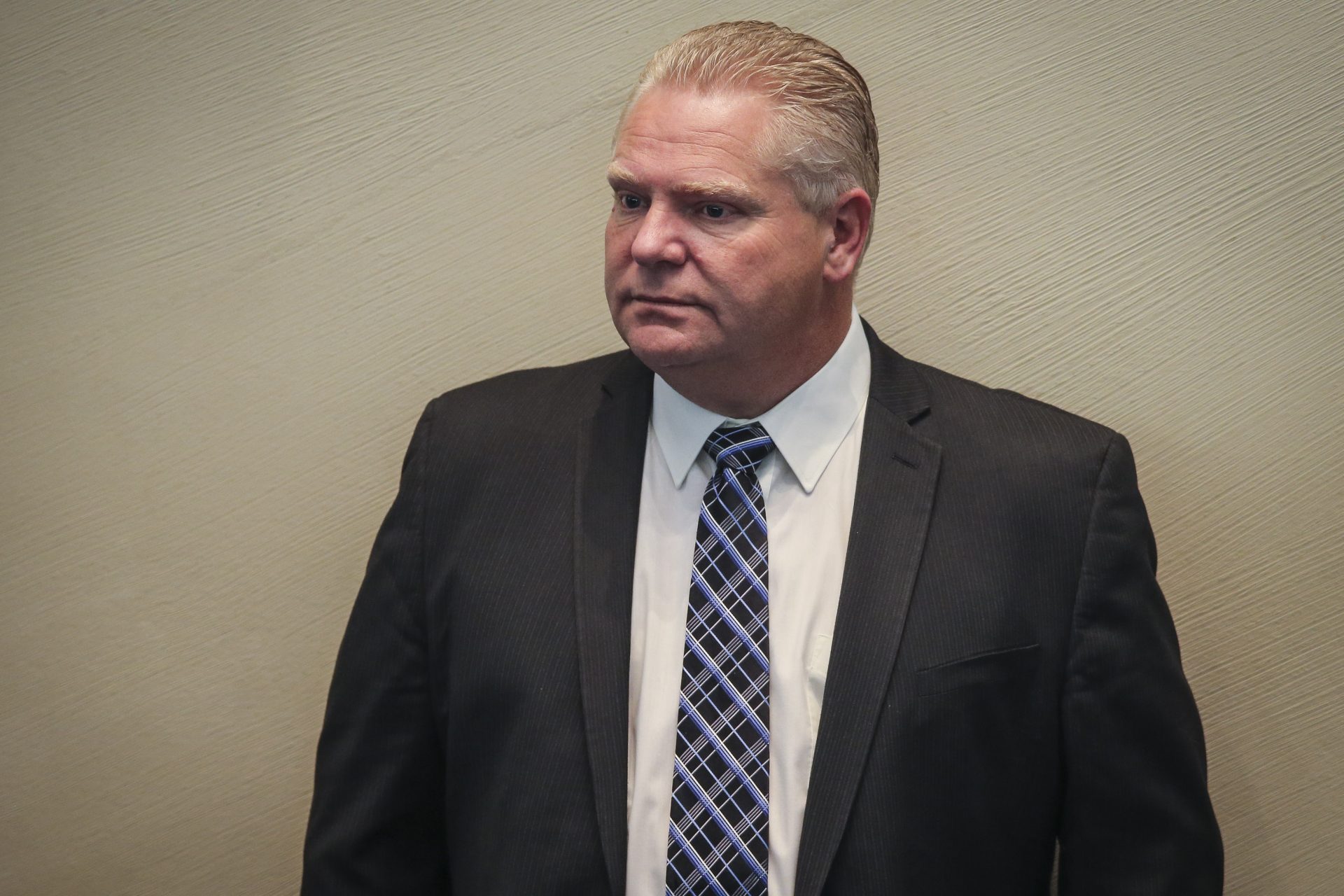The dark legacy of Queen Elizabeth: a look at the monarchy's colonial past
The death of Queen Elizabeth II revived longstanding criticism over the monarchy’s enrichment from the British empire’s violent colonization of African, Asian and Caribbean nations.
Though millions across the world mourned, many also saw the Queen’s passing as a bitter reminder of the British empire’s violent exploitation of countries throughout history, resulting in decades of economic and social devastation.
Journalists, commentators, academics, and many others, took to social media platforms and elsewhere to talk about the British monarchy’s lasting effects of colonization.
Image: Shawn Fields/Unsplash
A lot of young Africans shared images and stories of their own elders, who endured a brutal period of British colonial history during the Queen's long reign.
"I cannot mourn," one wrote on Twitter, posting an image of what she said was her grandmother's "movement pass": a colonial document which prevented free travel for Kenyans under British rule in the east African country.
Image: screenshot Twitter @Nimmz_Mugo
Another wrote that her grandmother used to narrate to them how they were beaten and how their husbands were taken away from them and they were left to support their children alone during colonial times.
Karen Attiah, an African-American journalist tweeted: “Black and brown people around the world who were subject to horrendous cruelties and economic deprivation under British colonialism are allowed to have feelings about Queen Elizabeth”.
Harvard University history professor Maya Jasanoff wrote in the New York Times that the Queen’s stoic presence in life as a “fixture of stability” underlied a “solid traditionalist front over decades of violent upheaval”.
Jasanoff pointed out that months after Elizabeth II learned of her father’s death and became queen, British colonial authorities in Kenya suppressed a rebellion against the colonial regime known as Mau Mau.
The Mau Mau uprising led to the establishment of a system of detention camps and the abuse, torture, castration and killing of tens of thousands of people. The British government eventually paid £20m in a lawsuit by Kenyan survivors (pictured).
Cornell University professor Mukoma Wa Ngugi pointed out on Twitter the Queen never apologized for slavery or colonialism or urged the crown to offer reparations for “the millions of lives taken in her/their names.”
“As a Kenyan, I feel nothing. This theater is absurd”, Wa Ngugi added.
University of Cambridge postcolonial studies professor Priyamvada Gopal said on Democracy Now news broadcast that the British monarchy has come to represent “profound and grave inequality”.
She drew parallels between the British monarchy and the concentration of power in other places like the United States.
Image: Robert Linder/Unsplash
Before its independence, the US was once ruled by the British monarchy and now effectively colonizes Puerto Rico and other island nations.
Image: Ana Toledo/Unsplash
Gopal added that “power, privilege and wealth are in the hands of a few, which the rest of us are then invited to worship and think of as perfectly normal”.
Melissa Murray, a law professor at New York University whose family is from Jamaica, tweeted that the Queen’s death would “accelerate debates about colonialism, reparations, and the future of the Commonwealth”.
The Queen was head of state for as many as 32 countries in her 70-year reign, but by the time of her death, just 14 other than the UK remained.
While Barbados’ decision to become a republic last year was the first such exit in almost 30 years, the accession of Charles III has many of his subjects across the Commonwealth asking if the time is right to install a less remote head of state.
Gaston Browne (pictured), Prime Minister of Antigua and Barbuda, said on Saturday that his plan for a referendum was not an act of hostility, but “the final step to complete that circle of independence”.
In fact, when Prince William and Kate visited the country in April of 2022, Browne set out his hope to become a republic and asked the couple to use their influence to achieve “reparatory justice”.
But although Browne’s pledge is a milestone, the requirement for a two-thirds majority in any referendum is a significant barrier.
Image: Element5 Digital/Unsplash
The removal of the monarchy appears more straightforward in Jamaica, where a simple majority would be enough, a threshold which polls have indicated would probably be met.
The prime minister, Andrew Holness (pictured), told William and Kate last year that Jamaica intended to be “an independent, developed, and prosperous country”.
In Saint Vincent and the Grenadines, where protesters called for slave trade reparations during William and Kate’s visit, the prime minister, Ralph Gonsalves, proposed a referendum in July but said it could only go ahead with bipartisan support.
The Bahamas, Saint Kitts and Nevis and Saint Lucia all require a simple majority, while Grenada requires a two-thirds vote.
Belize is the only country in the Caribbean where Charles could be removed by a parliamentary vote alone.
Countries where the legacy of the slave trade is less salient in contemporary politics have shown significantly less appetite for change, such as Australia, Canada, New Zealand, Papua New Guinea, Solomon Islands and Tuvalu.
Leaders in Papua New Guinea, Solomon Islands, and Tuvalu have all reiterated their support for the monarchy in recent days.
While Republicanism is popular in Australia, Canada and New Zealand in principle, it seems to be far down on the political agenda, at least for now.
While the Queen’s role in colonialism continues to gnaw at many, the latest generation focused on the racism that stems from the royal family.
Particularly through the Queen’s relationship with her mixed-race daughter-in-law Meghan Markle.
In 2021, Meghan Markle, said in an interview with Oprah Winfrey that “someone” in the royal family had expressed concern about her child’s skin color.
Shortly after, a set of documents discovered at the National Archives by The Guardian, revealed that the Queen banned “coloured immigrants or foreigners” from serving in office roles in the royal household.
This racist rule was in place until, at least, the late sixties. However, ethnic minorities were always allowed to work as servants.
Furthermore, a year before, people in the UK and everywhere, complained that the Buckingham Palace had no official response to the murder of George Floyd and the global Black Lives Matter Movement.
The palace offered only tepid responses. Before and during Elizabeth’s reign, journalists claimed the royal family looked the other way, and even enabled racism.
“It’s hard to imagine the Queen showing support for BLM and anti-racism in general”, wrote a journalist for Insider in 2021.
“In her 69 years on the throne, she has failed to address the racism that undeniably exists in the institution of the royal family,” she noted.
More for you
Top Stories











































